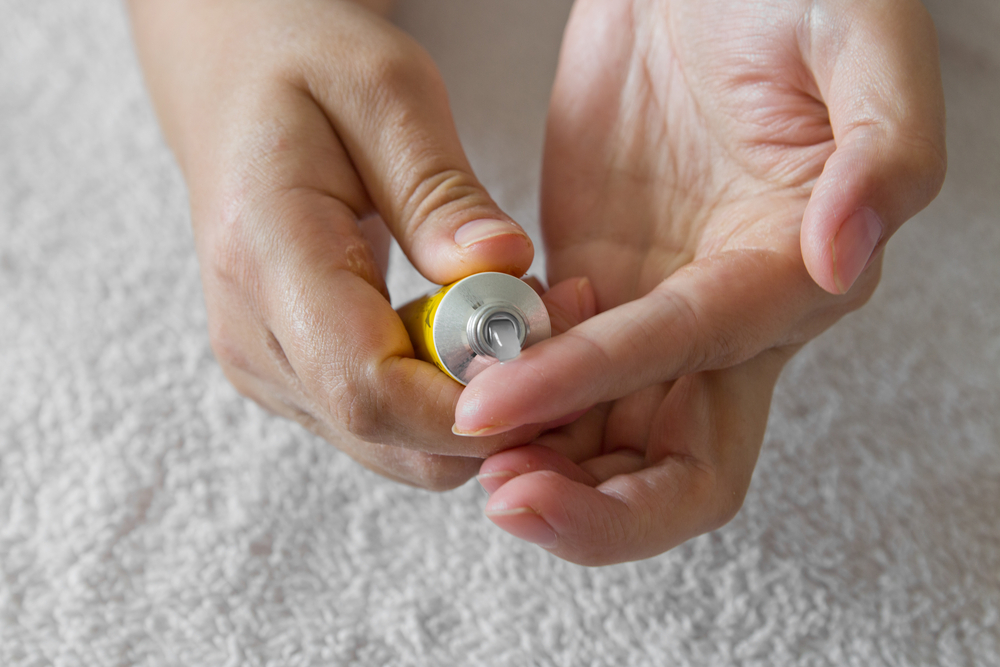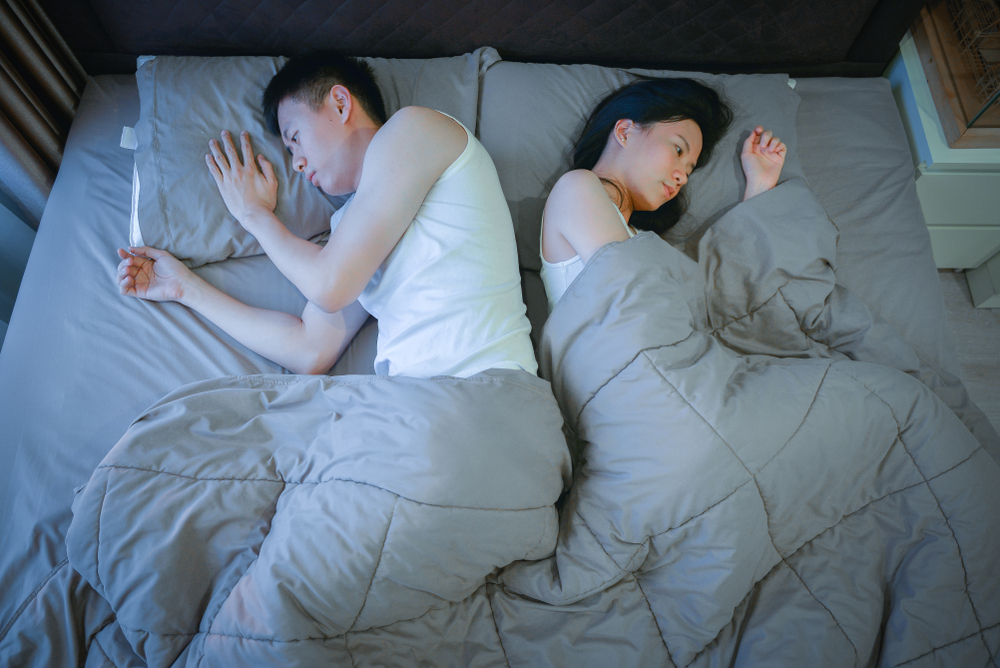Contents:
- Medical Video: Psychological Disorders : Sun Lamps & Seasonal Affective Disorder
- The connection between sunlight, vitamin D, and depression
- Effect of sunlight on mood
- Another way to deal with depression
Medical Video: Psychological Disorders : Sun Lamps & Seasonal Affective Disorder
Often feel your mood is disturbed and feel tired quickly? It could be that you lack sunlight, you know! Recent research has found that there is a connection between sunlight on mental health. A total of 16,000 data from Brigham University were collected for research purposes. These data are filled in by everyone for six years and contain information about the weather where the research subjects live. In conclusion, it was found that only the longest factor in sun exposure was the most significant in causing emotional disturbances.
The connection between sunlight, vitamin D, and depression
In America alone, an estimated 20% of the population experiences Seasonal Affective Disorder (SAD), this disorder is a disorder of fatigue or depression that usually occurs in winter. What distinguishes SAD from ordinary depression is in SAD, a person can experience no symptoms at all in the spring and summer.
Sunlight also regulates circadian rhythms in the human body and biological clock. The system of the human body, through the eyes and skin, detects light in the environment and adjusts it to the hormonal system in order to function in accordance with the time and exact where the human is located.
In countries with 4 seasons, the researchers found that during winter and autumn where daylight is shorter, the incidence of depression will increase. The researchers also emphasized that more research was needed to evaluate other related factors such as vitamin D intake and the actual time spent outdoors. As is well known, exposure to sunlight will optimize the production of vitamin D in the human body.
A study shows that vitamin D intake below 20ng / ml can increase the risk of depression by 85% compared to those who get a vitamin D intake of more than 30 ng / ml. Some studies also show that adding vitamin D intake through supplements can help relieve symptoms of depression.
Effect of sunlight on mood
According to a study published by the journal Dermato-Endocrinology, a large number of molecules (chromophore) contained in various layers of the skin can absorb and interact with ultraviolet light, producing complex and synergistic effects. The results of interactions can affect your physical health by preventing disease, and can also affect your mood and mental health.
Sunlight affects your circadian rhythms, and light therapy has proven effective in treating depression. When it's dark, melatonin levels in your body will increase, this is what causes you to feel more tired after sunset. In addition, ultraviolet light also stimulates cells called keratinocytes on the skin to make beta-endorphins, hormones that make your mood better. Other hormones, namely serotonin also reacts to sunlight, this hormone can help increase energy and mood You.
Another way to deal with depression
Light or sun exposure can be a major factor in dealing with depression, but you can also improve your mood by:
- Exercise: Regular physical activity can be known to be a more potent drug than anti-depressants. Exercise helps normalize insulin levels and increases hormones that make you feel comfortable.
- Sleep early: Depression is known to be associated with lack of sleep. In general, a person needs to sleep for approximately 8 hours in one day.
- Avoid processed foods: Processed foods containing processed sugars and synthetic chemicals are known to affect brain function and mental health. Get used to always consume as much fresh food as possible to maintain your health condition.
- Increase consumption of omega-3 from animals: Omega-3 is probably the most important nutrient in maintaining brain function. A study shows that people who have low omega-3 levels tend to experience depression later in life.












